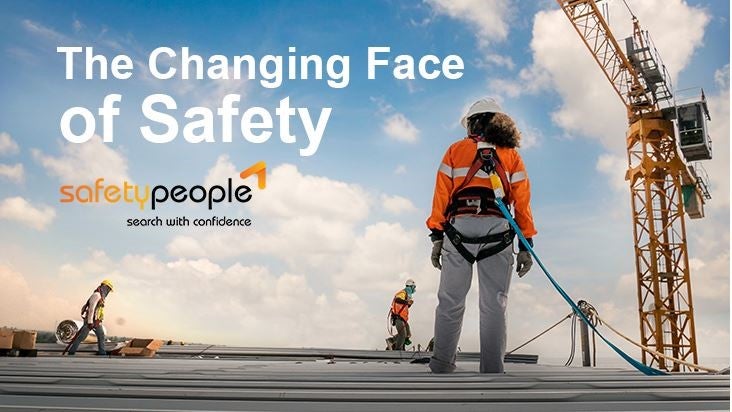
Today, we spoke with Safety expert Andy Kimpton about how the safety conversation has evolved since he began in emergency services back in the 1980s transitioning through a career in OHS to multiple Head of Safety roles in later years.
Andy, you’d had an extensive career in OHS. Can you tell us, how has the safety conversation evolved over that time?
The original conversation early in my career around safety was about catastrophic events, Piper Alpha for example, The Robins Era of change, high-risk industries started the charge due to these catastrophic events. (These still occur today across the globe.)
Policing by ‘safety officers’ the newly struck and developing state-based laws and regulations, heavy compliance focus and drive for reduced lag indicators and workers comp was aligned. Regulators provided enforcement only. Wellbeing was mostly focused on and health-related checks blood sugars, diet, blood pressure, mental health remained well in the dark in the main. Occupational Hygiene was often a sidebar item unfortunately and in many cases called upon reactively in my experience to address an acute issue.
Arguably or rightly so OHS has become heavily regulated as knowledge improved and community expectations changed from a misplaced tolerance to a louder voice, it has become bureaucratized, paperwork for the sake of compliance and audit trails with little or no impact on the actual work at the workplace. The drive for workplace efficiencies has seen ‘smarter working principles’ adopted under the safety and well-being banner, yet time will tell if it is a benefit.
Many differing academic influences many outstanding who challenge the norm and influence for the better others not so with more focus on academic capability than practical experience. Social media has created a plethora of ‘Safety Thought leaders/ /Experts/Influencers’ who regurgitate history or past experiences ad nausea with little or no thought leadership or solutions to offer. Conferences have become their own industry and many are in a similar vein. Regulators have become more collaborative and advisory but remain with an enforcement capability which is unfortunately still necessary.
Resources and infrastructure booms in Australia saw massive growth in demand for ‘Safety Professionals’ inflating the remunerations across the sectors and creating a cottage industry for safety qualifications. This has had in many cases a detrimental effect on the profession over time and from my experience reviewing many thousands of applications over my career.
Iterations of safety narrative continue to emerge and influence the profession and the maturing of knowledge, e.g. Safety Culture, behavior-based safety, Safety Differently, Safety Work vs Safety at Work to name but a few, all have merits in their genesis and application, internationally the profession is being recognized based on the capability of professionals and practitioners experience and qualifications and Bodies of Knowledge have evolved for the good, I believe.
So Andy, what has experience taught you about the role of safety?
Have a deep understanding of the business and what drives both the business and the people whom that business touches (employees, contractors, visitors, customers, suppliers, the community and the environment, ALWAYS lead by example, be practical in your approach, strong and have a voice, but show empathy and respect, always do your homework, be prepared to pick the difficult path rather than focus on minutia, be prepared and most importantly have integrity in everything you do.
Thank you very much for your time.
We will be hearing more from Andy Kimpton and other Safety, Risk and Workers Compensation experts over coming weeks, so please stay tuned for more discussion about the safety conversation and where you’re headed in the near future.

